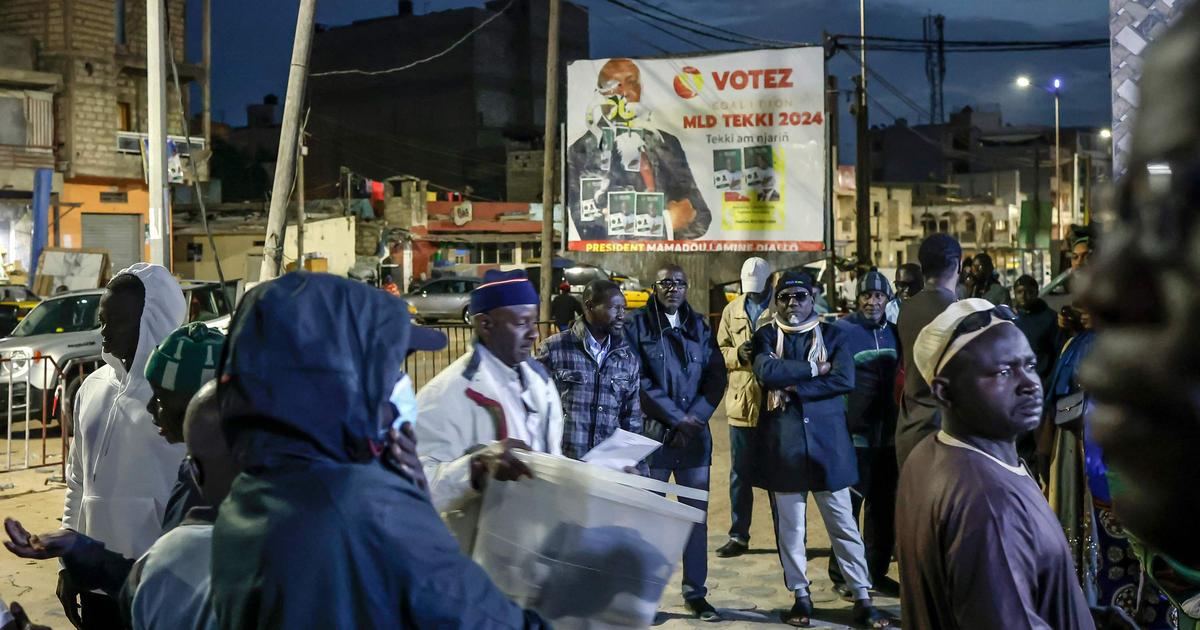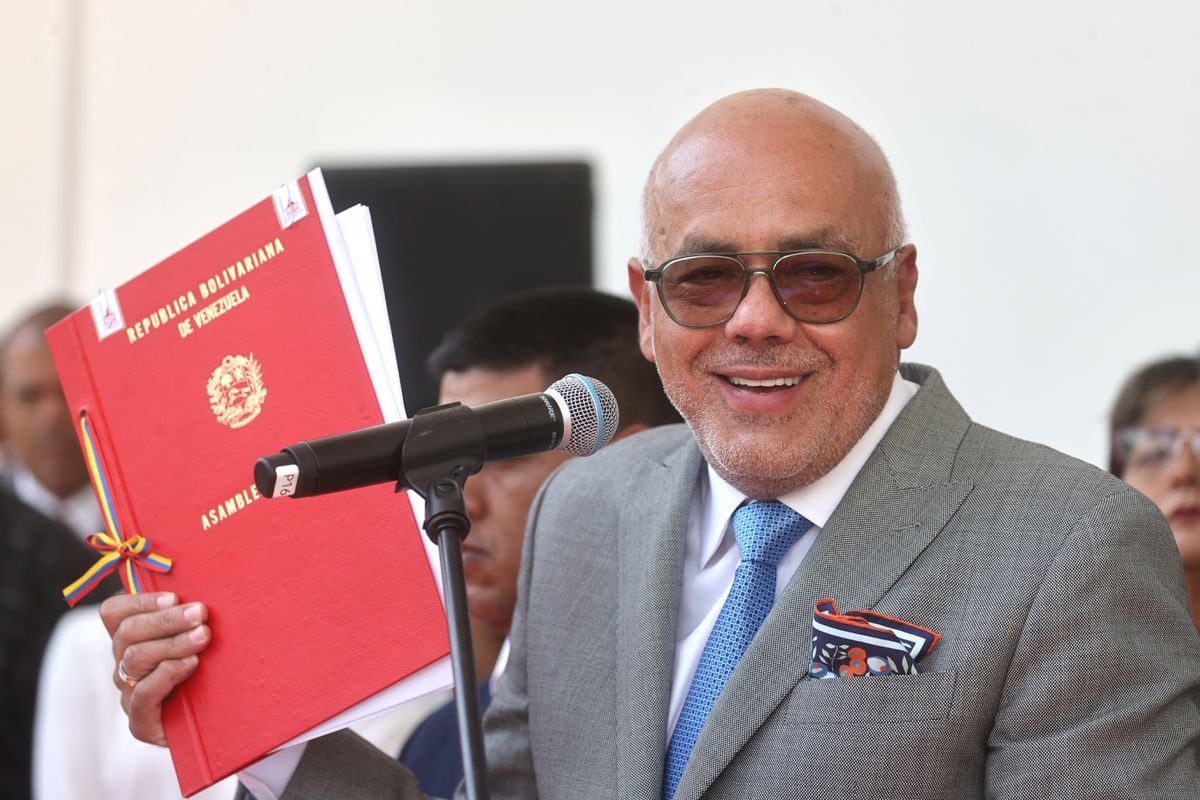The political propaganda posters of the PP in Buenos Aires, headed by Manuel Fraga, are still glued to the party's headquarters after the Galician elections held in 2005. Cézaro De Luca (EFE)
It was about giving guarantees to the vote of Spaniards residing abroad, to prevent ballots from suddenly appearing in the name of people who had already died, as had happened several times in Galicia, the territory with the most censuses in other countries. After a controversy that lasted for years, in 2011 the Congress of Deputies reformed the electoral law with a broad agreement to implement what is called a requested vote: Spanish voters registered in other countries would no longer automatically receive the documentation to exercise their right, but that they should request it themselves and complete some procedures. Ten years later, the reform is going to be reformed.What was intended to be a guarantee of cleanliness had become a democratic labyrinth and a source of scandal for the hundreds of thousands of young people who were expelled abroad by the Great Recession.
Spring 2005, in a luxurious hotel in Montevideo. Senior leaders of the Galician PP support the president of the Xunta, Manuel Fraga, on an electoral tour of South America. The patriarch of the Spanish right faces crucial elections in a few weeks, with the danger of losing power after 15 years. The vote of the emigrants already reaches 15% of the Galician census and can be decisive. An important party leader shares confidences with journalists: “I am very worried about the vote here. The PSOE is in the Government and I am afraid that it will make a big change in the sacks with the ballots”. An informant replies: "And how do you know that this can be done?" The politician dodges the question and changes the subject.
The vote of the so-called absentee residents was for years a political vaudeville in Galicia and fueled legends such as the manipulation of mail bags in collusion with the authorities of certain South American countries, the destination of the great exodus of Galicians until the middle of the century XX. Beyond the rumour, press reports, documentaries and books such as the
Journey to the Dark Zone of Spanish Democracy,
by the journalist Anxo Lugilde, detailed the endless irregularities surrounding the process in those countries.
The census of Galicians abroad skyrocketed in the 1990s with the laws that granted nationality to even the third generation of descendants of Spaniards in countries like Argentina. In this way, people who had never set foot in Spain could participate in the election of mayor in a town in Ourense whose name they did not even remember and in which those registered abroad were sometimes almost equal to those domiciled in the municipality. As the censuses in those countries had numerous gaps, the ballots sent from Spain arrived at addresses where the interested party no longer lived or had died years ago. Several journalistic works documented how electoral agents hired in Argentina located those lost ballots and managed to impersonate the voter.
The clamor to establish the requested vote grew from Galicia until in 2011 Congress agreed to do so with the agreement of the two major parties, which also decided to withdraw the vote of residents abroad from the municipal elections.
With the new system and its administrative guarantees, the share of expatriates plummeted from 30% to 5%.
Almost the time the reform was approved, Spain was sinking into crisis and hundreds of thousands of young people were leaving to make a living in other countries.
When the elections came, they found that the simple act of voting had become a bureaucratic odyssey.
The protests were organized on the Internet and even a Garnet Tide was created.
Podemos was at the head of the claim, to which the other parties were added and last February the Congress unanimously approved to admit for processing a proposal from the two formations of the Government to suppress the requested vote.
The commission in charge of preparing the reform is in the process of listening to the voices of experts.
This same week he received a report from the Central Electoral Board, which declares itself in favor of putting an end to the requested vote, although at the same time it warns that additional guarantees must be included to prevent voter impersonation.
It is not going to be that the frauds return and the reform of the reform requires a new reform in some time.







